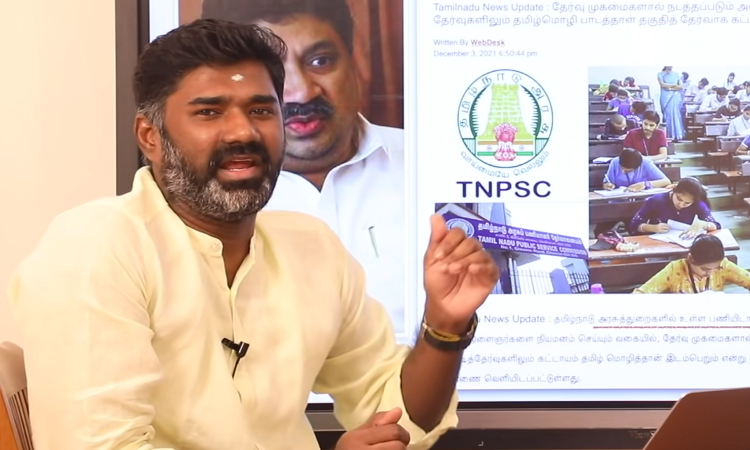'Tablighi Jamaat Can't Be Equated With Islam': Madras High Court Quashes FIR Against YouTuber Maridhas
Sebin James
24 Dec 2021 10:33 AM IST

Next Story
24 Dec 2021 10:33 AM IST
The Madras High Court(Madurai Bench) has quashed yet another FIR registered against YouTuber Maridhas over his YouTube Video criticizing the Tablighi Jamaat conference of March 2020 during the COVID first wave.A Single Judge Bench of Justice G.R. Swaminathan observed that none of the ingredients of alleged offences in the FIR had been made out by the prosecution.About the video uploaded...
